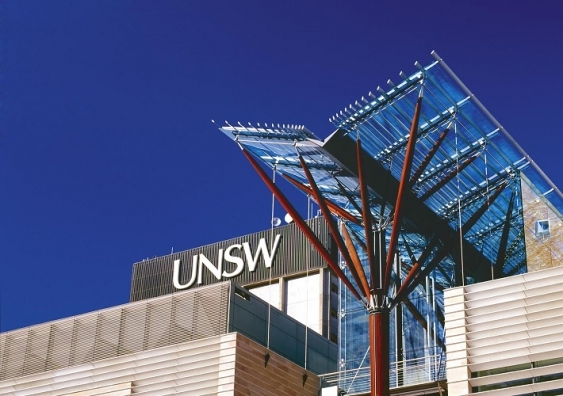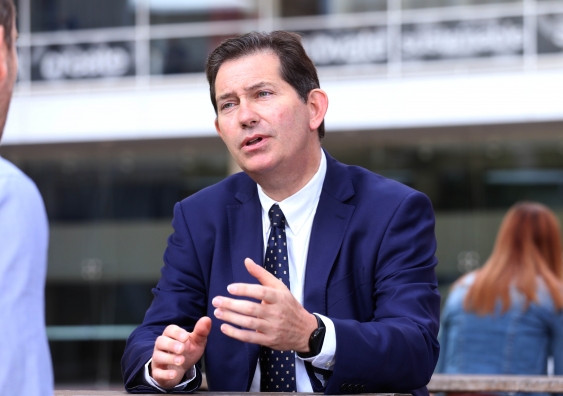UNSW jumps 31 places in ShanghaiRanking's rating of world universities
UNSW Sydney moved from 133 to 102, signifying the largest annual rise in the Academic Ranking of World Universities in the history of UNSW and the biggest this year among Go8 universities.



